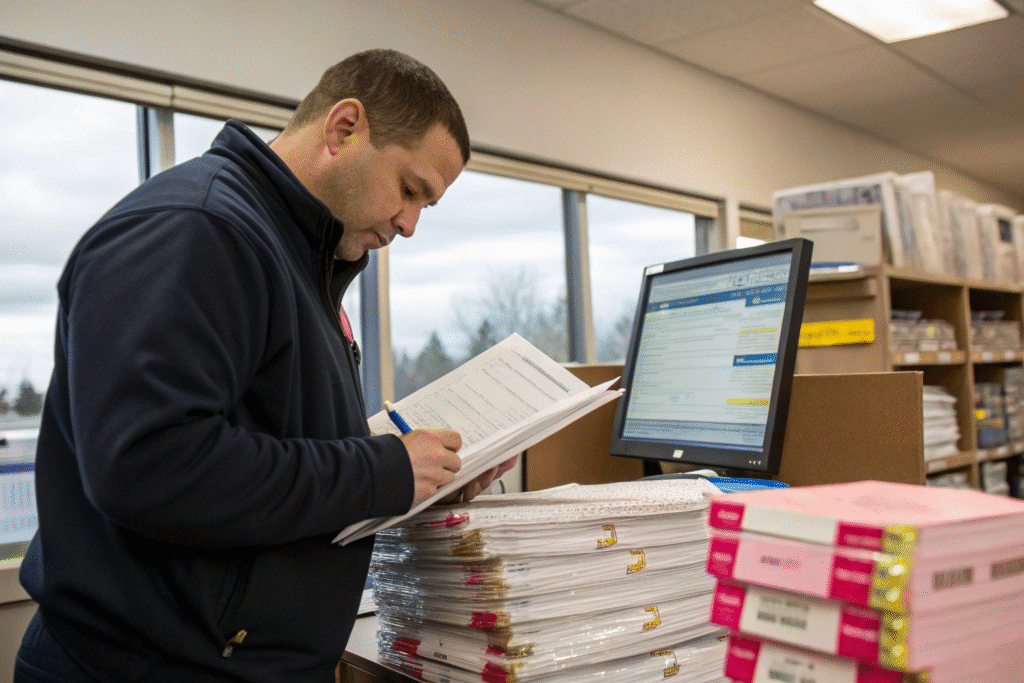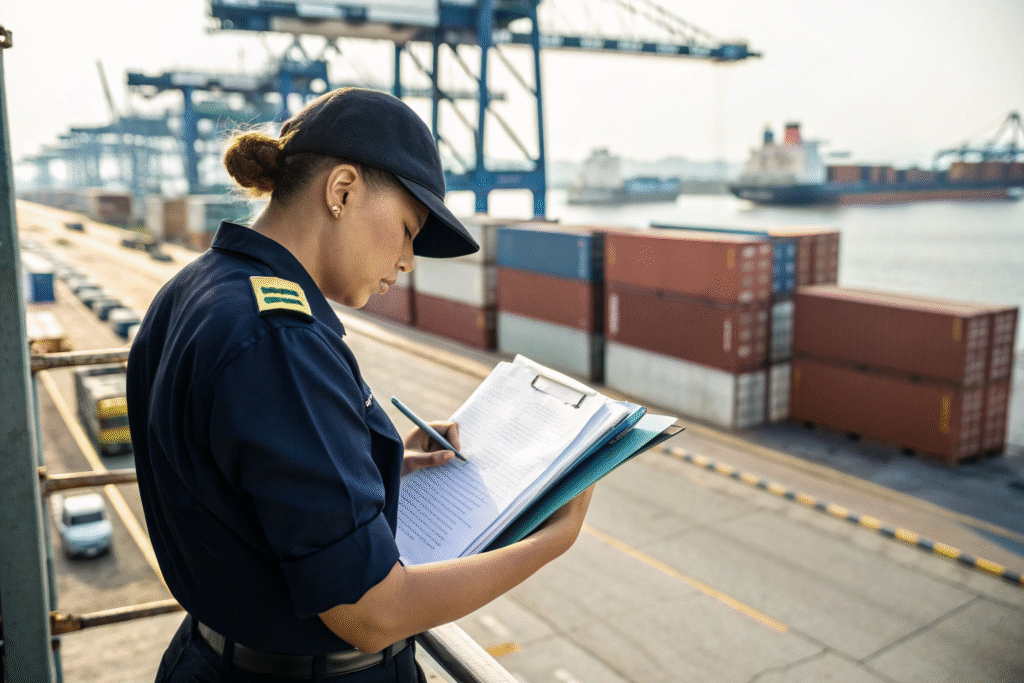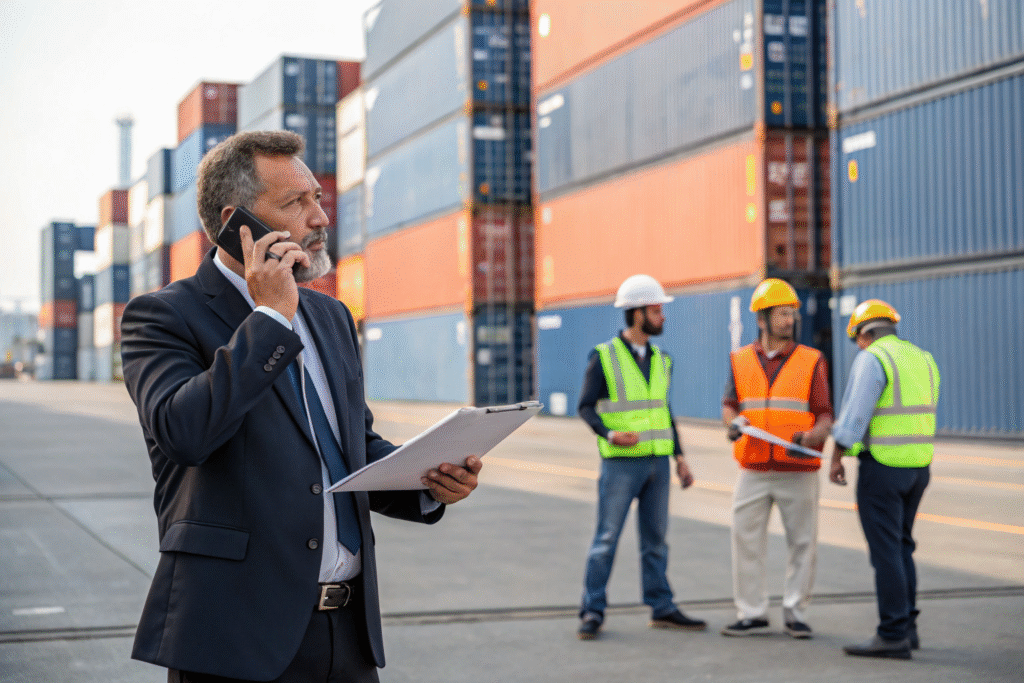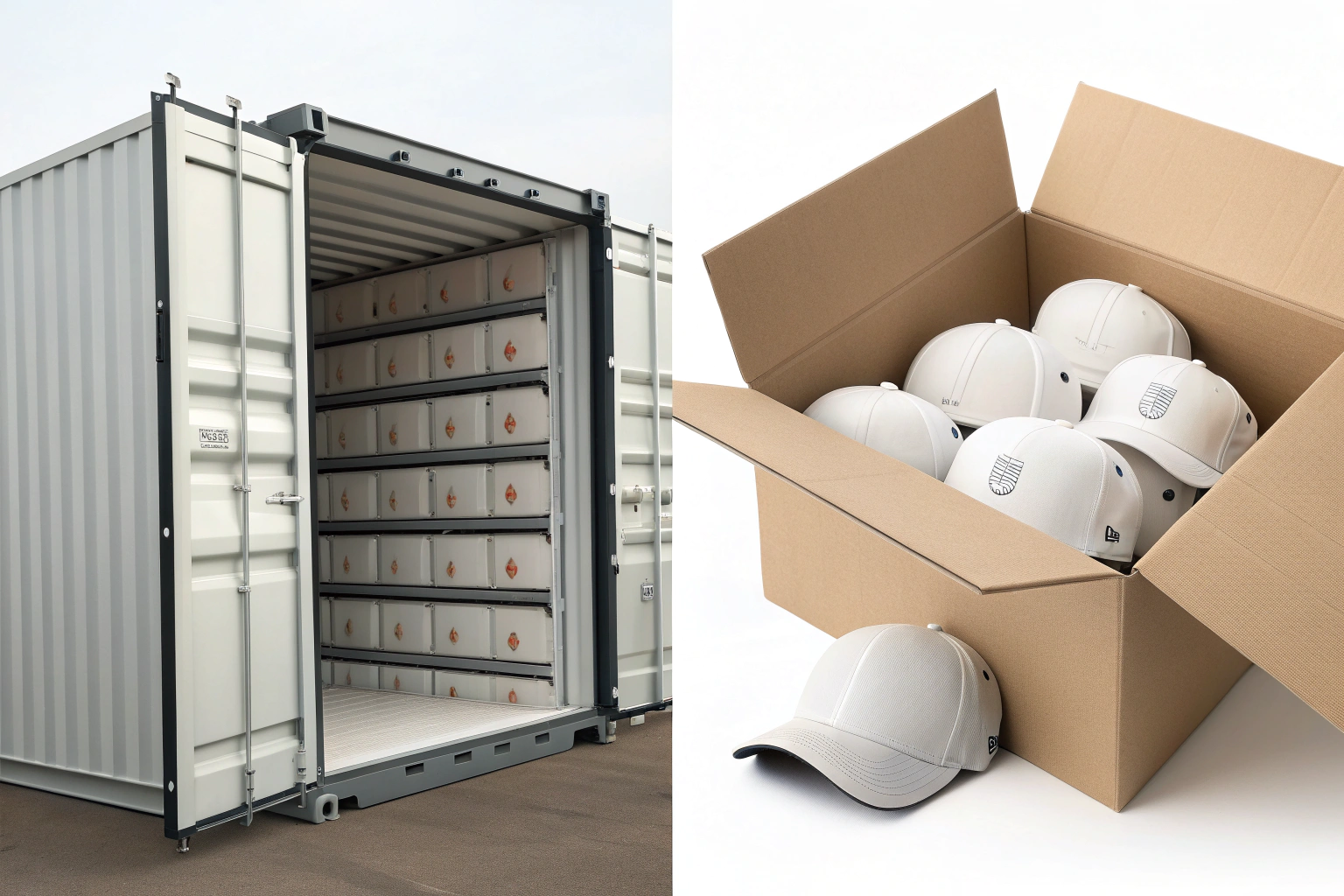Handling accessory shipments to countries under embargo can be complex. Embargoes are government-imposed restrictions that prevent trade with certain countries due to political or security reasons. As an exporter of accessories, understanding how to navigate these restrictions is crucial to ensure compliance while maintaining efficient trade operations.
This article will discuss best practices for handling accessory shipments to embargoed countries, focusing on compliance, documentation, and smooth logistics operations.
Let’s explore the steps to ensure you comply with embargo regulations while keeping your business on track.
Understanding the Legal Framework of Embargoes
To successfully handle shipments to embargoed countries, it’s important to understand the legal framework. Embargoes are imposed by governments to restrict trade for national security or foreign policy reasons.
Start by understanding which countries are under embargo, what products are restricted, and which authorities enforce the sanctions.

What authorities enforce embargoes on international shipments?
Governments, such as the U.S. Department of the Treasury’s Office of Foreign Assets Control (OFAC) and the European Union, enforce trade sanctions. Businesses must stay updated on current sanctions by checking official channels like OFAC or the European Commission.
What types of embargoes exist, and how do they affect shipments?
Embargoes can vary, from full trade prohibitions to targeted sanctions on specific sectors (e.g., military goods). It’s essential to determine which embargo applies to the country you’re trading with, as restrictions can be product-specific.
Complying with Export Control Laws
Export control laws regulate the transfer of goods to foreign countries, ensuring that restricted products aren’t illegally exported to embargoed nations.
Ensure compliance by understanding export restrictions and obtaining necessary licenses for shipments to embargoed countries.

How do you check whether your products are subject to export control?
Check whether your products are subject to export control by consulting resources like the U.S. Bureau of Industry and Security (BIS) or the European Dual-Use Regulation. These resources outline which products are controlled and whether they need special licenses.
What are the required licenses for exporting to embargoed countries?
In many cases, specific export licenses are required for shipments to embargoed countries. For example, the U.S. requires a license from the Bureau of Industry and Security (BIS) for exports to countries like Iran or North Korea. Always consult export control authorities or legal experts to ensure you're following the licensing process.
Shipping Documentation and Reporting
Proper documentation is essential for compliance when shipping to embargoed countries. Accurate and complete paperwork is necessary to demonstrate that shipments meet legal requirements.
Ensure that all shipping documents are correct and up-to-date to avoid delays or penalties.

What documents are needed for embargoed country shipments?
Common documents include the commercial invoice, bill of lading, export declaration, and any required licenses or certificates of compliance. These documents should clearly list the destination, product details, and legal compliance to avoid any issues upon arrival.
How to report shipments to authorities?
Reporting requirements vary by country. For example, U.S. businesses must submit export information via AESDirect. Depending on the embargo and destination, you may also need to notify other authorities such as U.S. Customs or European Customs.
Ensuring Secure and Ethical Shipping Practices
Adopting secure and ethical shipping practices is vital when dealing with embargoed countries. This includes verifying partners, securing shipments, and ensuring compliance with legal restrictions.
Work with trusted logistics providers who understand embargo laws and follow ethical shipping practices.

How to select a trusted logistics provider?
Choose logistics providers experienced in handling embargoed shipments. These providers should offer secure, traceable methods of transportation and ensure all legal requirements are met.
What role does ethical shipping play in handling embargoed shipments?
Ethical shipping prevents inadvertent violations of embargo laws. It’s important to ensure that goods are not rerouted or resold to embargoed countries indirectly. Secure and transparent shipping practices protect your business reputation and maintain legal compliance.
Conclusion
Handling accessory shipments to embargoed countries requires a thorough understanding of embargo laws, export control regulations, and secure logistics practices. By ensuring proper documentation and following ethical shipping procedures, businesses can maintain compliance while navigating the complexities of international trade.
For guidance on shipping to sensitive markets or compliance concerns, feel free to contact our Business Director Elaine at elaine@fumaoclothing.com for expert advice.










